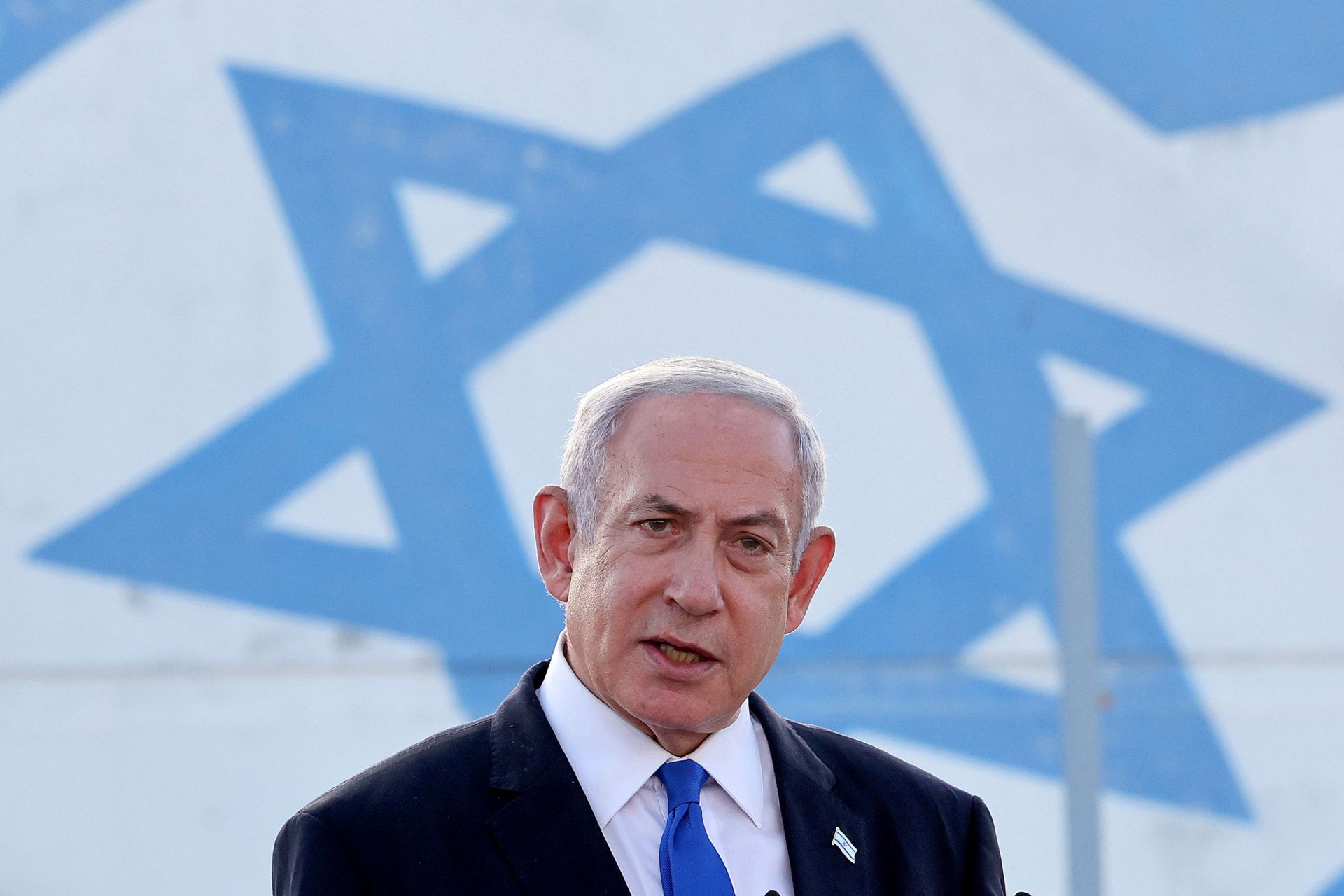
Netanyahu's Auschwitz Visit Unlikely To Trigger ICC Arrest, Poland Says
Introduction
Embattled Israeli Prime Minister Benjamin Netanyahu's recent visit to the Auschwitz-Birkenau concentration camp has sparked controversy and raised questions about its potential implications for his pending war crimes charges at the International Criminal Court (ICC). Despite Netanyahu's assertion that the visit was "important for the entire world," Poland's Foreign Ministry has stated that it is unlikely to trigger an arrest warrant from the ICC.
Perspectives on Netanyahu's Visit
From Netanyahu's Perspective: Netanyahu has maintained that his visit to Auschwitz was intended to "honor the memory of the millions of Holocaust victims and to stand in solidarity with the Jewish people." He believes that the visit sends a strong message against antisemitism and Holocaust denial.
From Poland's Perspective: The Polish Foreign Ministry has expressed concerns over the timing of Netanyahu's visit, stating that it could be perceived as a "politicization" of Holocaust commemoration. The ministry has also emphasized that Poland remains committed to its policy of not extraditing Israeli citizens to the ICC.
From the ICC's Perspective: The ICC has yet to comment on Netanyahu's visit to Auschwitz. However, experts suggest that the visit is unlikely to impact the ICC's ongoing investigation into war crimes allegations against Netanyahu.
Legal Implications
According to the ICC's founding treaty, the Rome Statute, the court can only issue an arrest warrant if there is a "reasonable basis to believe that a person has committed a crime within the jurisdiction of the Court." The ICC's jurisdiction extends to war crimes committed by nationals of its member states or that take place on their territory, but Israel is not a member of the ICC.
Therefore, the ICC cannot issue an arrest warrant against Netanyahu unless he is present in one of the ICC's 123 member states, or if the United Nations Security Council refers the case to the ICC.
Political Context
The timing of Netanyahu's visit to Auschwitz is notable, as it comes amid heightened political tensions between Israel and the ICC. In March 2021, the ICC opened a formal investigation into alleged war crimes committed by both Israeli and Palestinian forces in the occupied Palestinian territories since 2014.
Netanyahu has strongly opposed the ICC investigation, accusing the court of bias against Israel. He has also refused to cooperate with the ICC, and has pledged to protect Israeli military personnel from arrest. The political and legal implications of Netanyahu's Auschwitz visit thus remain complex and uncertain.
Expert Opinions
Professor William Schabas, former ICC prosecutor: "I don't think Netanyahu's visit to Auschwitz will have any effect on the ICC's investigation. The ICC is focused on specific allegations of war crimes, and a visit to a Holocaust memorial is unlikely to change that."
Professor Christine Chinkin, international law expert: "The ICC is not concerned with political symbolism, and will only issue an arrest warrant if there is a strong case against Netanyahu. His visit to Auschwitz is irrelevant to the court's decision-making process."
Conclusion
Israel's Prime Minister, Benjamin Netanyahu's visit to the Auschwitz concentration camp has generated mixed reactions. While Netanyahu has stated that the visit was intended to honor the memory of the victims and to stand in solidarity with the Jewish people, Poland's Foreign Ministry has expressed concerns over the timing of the visit and its potential politicization. The ICC has yet to comment on Netanyahu's visit. Experts suggest that the visit is unlikely to impact the ICC's ongoing investigation into war crimes allegations against Netanyahu. The political and legal implications of Netanyahu's Auschwitz visit remain complex and uncertain.
Reflection on Broader Implications
Netanyahu's visit to Auschwitz raises broader questions about the role of historical memory in international law and politics. The Holocaust remains a deeply sensitive issue, and its commemoration can be used for both legitimate and illegitimate purposes. It is important to remember that historical events should not be exploited for political gain or to shield individuals from accountability for their actions.
The ICC's investigation into alleged war crimes in the occupied Palestinian territories is a significant development in international criminal justice. The court's impartiality and independence will be closely scrutinized, and its decisions will have a profound impact on the future of Israeli-Palestinian relations and the global fight against impunity.
0 Comments: